The UK minimum wage will increase on 1 April 2023. The National Living Wage (NLW) will increase to £10.42 per hour for workers aged 23 and over. The NLW for 21-22 year olds will increase to £10.18 per hour, and the NLW for 18-20 year olds will increase to £7.49 per hour. The NLW for 16-17 year olds will increase to £5.28 per hour.
The increases are being made in line with the recommendations of the Low Pay Commission. The LPC is an independent body that advises the government on the National Minimum Wage. The LPC’s recommendations are based on a number of factors, including the cost of living, the rate of inflation, and the state of the economy.
The increases in the minimum wage are expected to benefit around 2.5 million workers in the UK. The government estimates that the increases will add an extra £1,000 per year to the wages of the average low-paid worker.
The increases in the minimum wage are part of the government’s commitment to reducing poverty and inequality. The government has also pledged to increase the National Living Wage to two-thirds of median earnings by 2024.
The increases in the minimum wage are welcomed by trade unions and low-paid workers. However, some businesses have expressed concerns about the impact of the increases on their costs. The government has said that it will provide support to businesses to help them cope with the increases.
The increases in the minimum wage are a positive step for low-paid workers in the UK. The increases will help to boost the incomes of low-paid workers and reduce poverty and inequality. The government has said that it will continue to monitor the impact of the increases and make further changes if necessary.
